This was the conclusion that emerged from a survey conducted jointly by Interzoo organiser WZF and the Antwerp Management School (AMS) among exhibitors and visitors at the world-leading fair in Nuremberg. The results were presented by Ewald van den Auwelant, transformation researcher at the AMS, during a session on sustainability at Interzoo. Other speakers included Anne Klein of the USA’s Pet Sustainability Coalition and Belgian swimmer Fabien Leroux, who swam 4 000 km solo across the Atlantic in under 50 days to draw attention to climate change and the pollution of the world’s oceans. The varied session was led by Dr Rowena Arzt, exhibitions director of WZF.
195 survey respondents
Of the 195 respondents in the latest survey, 55 per cent were exhibitors and 42 per cent visitors. Similar sustainability studies were conducted in 2018 and 2021. A comparison of the respective survey results showed that the number of respondents who thought the topic of sustainability would be considerably or extremely important in the next three years had increased by 10 per cent this year compared with 2018 to 90 per cent. Many of those surveyed felt, however, that their own efforts to achieve greater sustainability in a suitable organisational form had yielded more progress so far than the action taken hitherto across the entire pet sector.
The destruction of natural resources as a consequence of excessive consumption and growing mountains of rubbish were a particular source of concern to many survey respondents. A large number of them wanted to adopt more recycling measures and to instigate a circular economy. Another aspect that clearly motivated many pet product companies was the increasing disruption of ecosystems due to rising environmental pollution and land use. One solution could be to modify established economic models in such a way that more emphasis was placed on protecting nature and the environment. A number of approaches to this problem already existed, such as the growing interest in insects as a source of protein for pet food, greater use of eco-friendly packaging and the development of CO2-neutral production models.
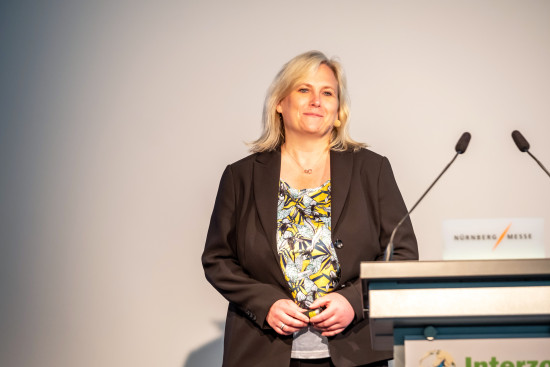

 Menü
Menü

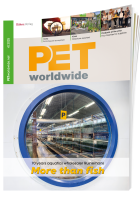



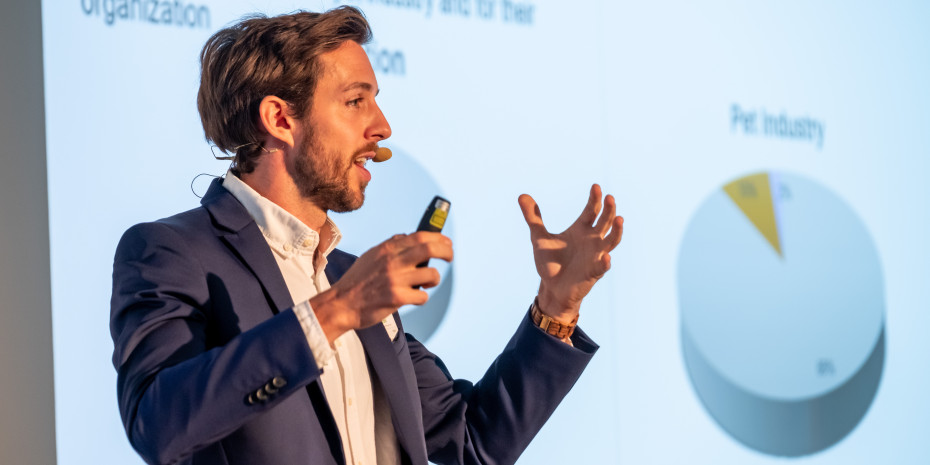





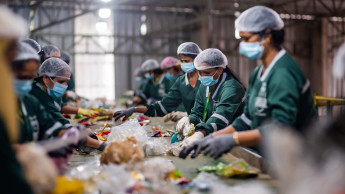


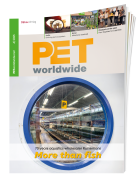
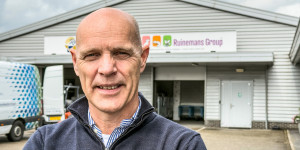
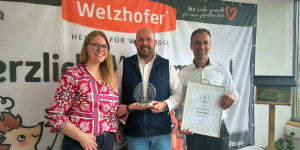


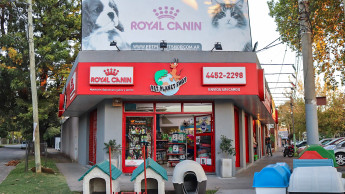
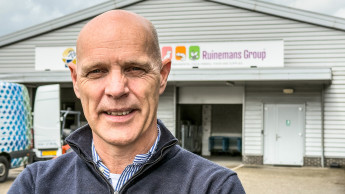
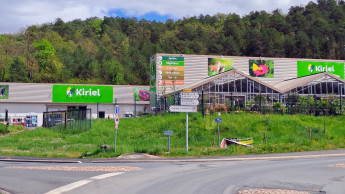
 Newsletter
Newsletter